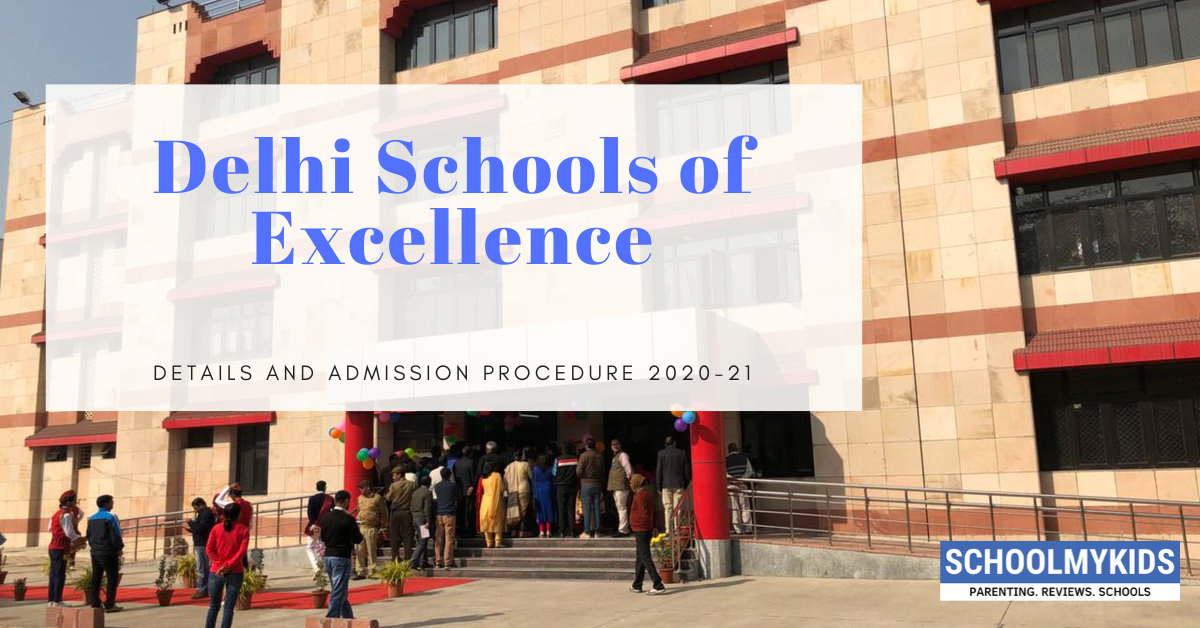The Defence Research and Development Organisation (DRDO) conducts recruitment exams to select scientists and engineers for various technical positions. DRDO plays a critical role in India's defense sector, and securing a position here is highly prestigious. This guide covers the exam pattern, syllabus, preparation strategies, and essential resources to help candidates prepare effectively for the DRDO recruitment exam.
Overview of DRDO Recruitment Exam
- Purpose: To recruit scientists and engineers for technical roles at DRDO.
- Importance: Understanding the exam structure is essential for candidates aiming to secure a position in this prestigious organization.
3. DRDO Recruitment Exam Pattern
Exam Mode:
- Online (Computer-Based Test).
Subjects:
- Engineering Disciplines: Electronics, Mechanical, Computer Science, etc., depending on the specific role.
Type of Questions:
- Multiple Choice Questions (MCQs).
Medium of Exam:
- English.
Duration of Exam:
- 120 minutes.
Total Marks:
- 150 marks.
Marking Scheme:
- Correct Answer: +1 mark.
- Incorrect Answer: No negative marking.
Detailed Question Paper Design
Sections:
- Section A (Technical/Subject-Specific): Core subject questions based on the candidate’s engineering discipline.
- Section B (General Aptitude): Questions related to reasoning, quantitative aptitude, and general awareness.
Distribution of Questions:
- Section A: 100 questions (100 marks).
- Section B: 50 questions (50 marks).
Syllabus for DRDO Recruitment Exam
Electronics Engineering:
- Digital Circuits: Logic gates, flip-flops, counters, and multiplexers.
- Analog Circuits: Operational amplifiers, diodes, transistors, and filters.
- Control Systems: Feedback systems, stability analysis, and transfer functions.
- Communication Systems: Modulation techniques, signal processing, and antennas.
- Electromagnetic Theory: Maxwell’s equations, waveguides, and transmission lines.
Mechanical Engineering:
- Thermodynamics: Laws of thermodynamics, heat engines, and refrigeration cycles.
- Strength of Materials: Stress-strain analysis, bending, and torsion.
- Fluid Mechanics: Fluid properties, fluid statics, and fluid dynamics.
- Manufacturing Processes: Machining, casting, welding, and forming.
- Machine Design: Design of gears, bearings, and power transmission elements.
Computer Science Engineering:
- Programming: C, C++, Java, and Python basics.
- Data Structures: Arrays, stacks, queues, linked lists, and trees.
- Algorithms: Sorting, searching, and graph algorithms.
- Operating Systems: Process management, memory management, and file systems.
- Databases: SQL, normalization, transactions, and concurrency control.
General Aptitude:
- Quantitative Aptitude: Arithmetic, algebra, geometry, and data interpretation.
- Logical Reasoning: Puzzles, analogies, syllogisms, and series.
- General Awareness: Current events, basic science, and Indian polity.
Key Differences in Exam Patterns
- Duration: The DRDO recruitment exam is 120 minutes long.
- Scoring: The total score is 150, with a marking scheme of +1 for correct answers and no negative marking.
- Difficulty Level: The exam is known for its focus on technical knowledge and aptitude.
Preparation Strategy
- Understand the Syllabus: Get a clear understanding of the syllabus specific to your engineering discipline.
- Create a Study Plan: Organize your study time effectively by covering both technical subjects and general aptitude.
- Practice Regularly: Solve previous years' question papers and take mock tests to build confidence and improve time management.
- Focus on Core Concepts: Strengthen your understanding of core subjects to excel in the technical section.
- Stay Updated: Keep yourself informed about any changes in the exam pattern or syllabus.
Resources
- Books:
- Electronics Engineering: "Microelectronic Circuits" by Sedra and Smith.
- Mechanical Engineering: "Engineering Thermodynamics" by P.K. Nag.
- Computer Science Engineering: "Data Structures and Algorithms" by Alfred Aho.
- Online Platforms: NPTEL, Unacademy, and Gradeup provide study materials and practice tests.
- YouTube Channels: Engineers Academy, GATE Academy, and Made Easy offer free lectures and problem-solving sessions.
FAQs
1. What is the eligibility criteria for the DRDO recruitment exam?
Answer: Candidates must have a BE/B.Tech degree with a minimum of 60% marks or equivalent CGPA. Final year students can also apply.
2. How can I apply for the DRDO recruitment exam?
Answer: Applications are submitted online through the official DRDO website during the application period.
3. What is the application fee for the DRDO recruitment exam?
Answer: The application fee varies but is generally around INR 100 for general category candidates. SC/ST/PwD and women candidates are usually exempted from the fee.
4. How is the DRDO recruitment exam result declared?
Answer: Results are declared on the official DRDO website. Candidates can check their results using their registration number and date of birth.
5. What happens after qualifying the DRDO recruitment exam?
Answer: Shortlisted candidates are called for an interview, and final selection is based on the combined performance in the written test and the interview.
6. Are there any specific books recommended for DRDO exam preparation?
Answer: Yes, some recommended books are "Microelectronic Circuits" by Sedra and Smith for Electronics, and "Engineering Thermodynamics" by P.K. Nag for Mechanical Engineering.
7. Is there negative marking in the DRDO recruitment exam?
Answer: No, there is no negative marking in the DRDO recruitment exam.
8. How can I improve my time management during the exam?
Answer: Regularly practice with time-bound mock tests and learn to quickly identify and solve questions that you are confident about.
9. Can I review my answers during the exam?
Answer: Yes, you can review and change your answers within the allotted time.
10. Is there a separate cutoff for each section?
Answer: No, there is usually a combined cutoff based on the overall score in the exam.







